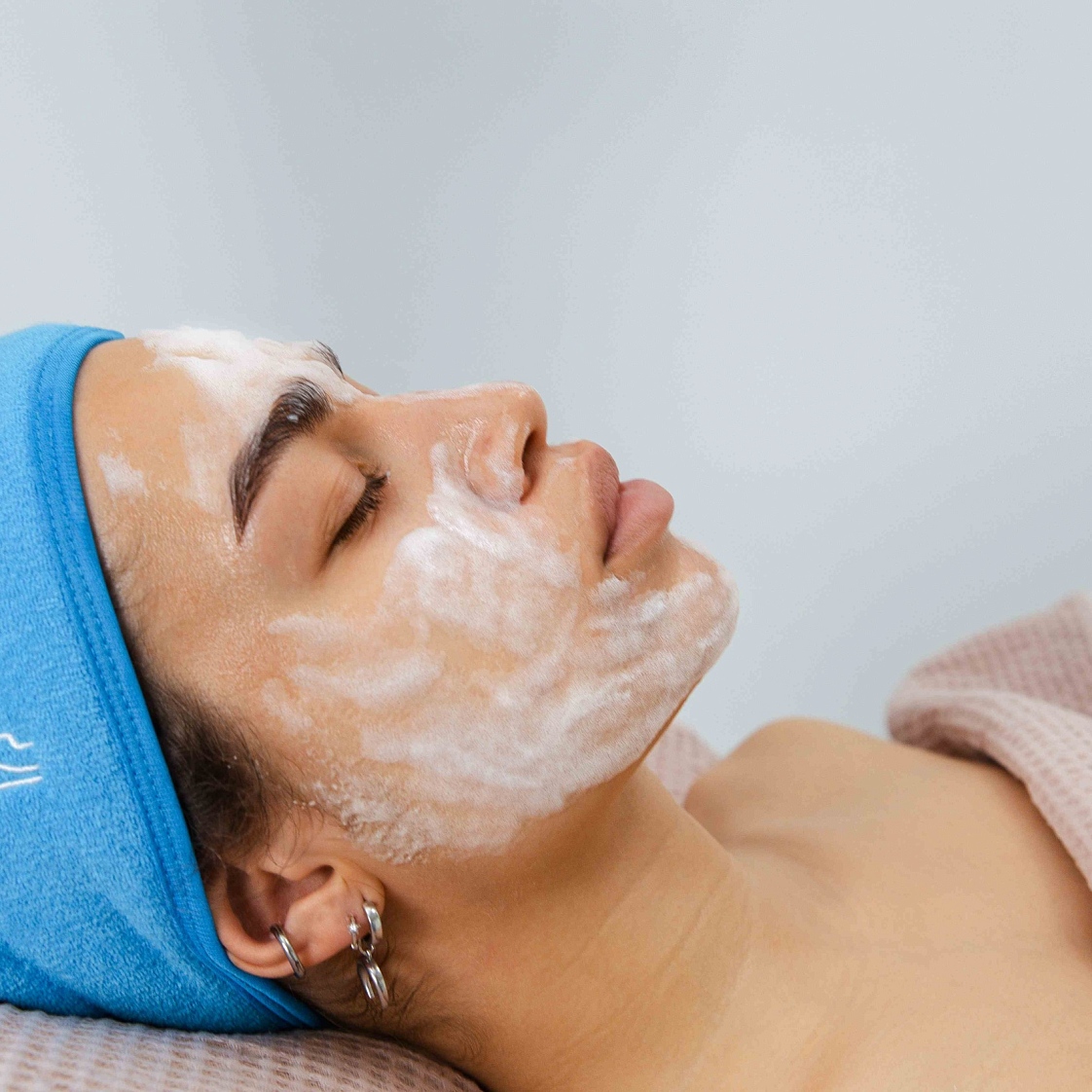Vitamin C
When topically applied, it reduces UVB-induced damage by 52% and UVA-induced damage by 40-60%. Additionally, vitamin C prevents lipid degradation, thereby preserving the skin's natural barrier, while safeguarding against collagen and elastin breakdown.
Peptides
Among the most recent and efficacious components in combating skin aging, peptides are short chains of amino acids that stimulate collagen and elastin production. They aid in wrinkle reduction and enhance skin elasticity.
Hyaluronic acid
Hyaluronic acid is a potent hydrating ingredient renowned for its ability to retain moisture in the skin, resulting in enhanced elasticity and diminished wrinkles. It is particularly advantageous for individuals with dry or dehydrated skin.
Alpha and beta hydroxy acids
(AHA and BHA)
Previously, it was commonly believed that acid-based skincare products were primarily intended for exfoliation purposes. However, recent scientific breakthroughs gave been so progressive that contemporary acids possess not only exfoliating properties but also moisturizing, antioxidant, and regenerative effects, which were once considered mere fantasy a few short years ago.
Niacinamide (Vitamin B3)
Niacinamide aids in refining the skin's texture, reducing inflammation, and minimizing the appearance of acne. If you have problematic skin, incorporating lightweight moisturizers containing this component into your daily skincare routine is ideal.
Retinol
Retinol stands as one of the most extensively studied and effective ingredients in anti-aging products. It accelerates the renewal of skin cells, diminishes wrinkles, enhances texture, and stimulates collagen production. Additionally, retinol can assist in combatting pigmentation spots.









